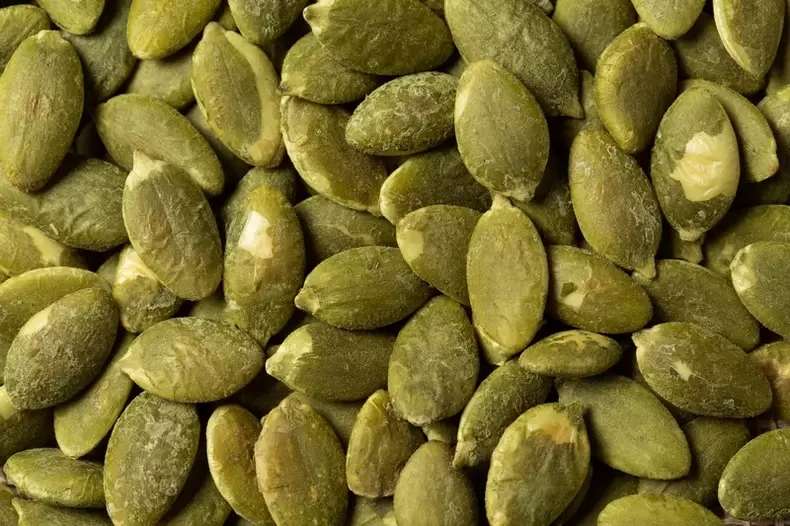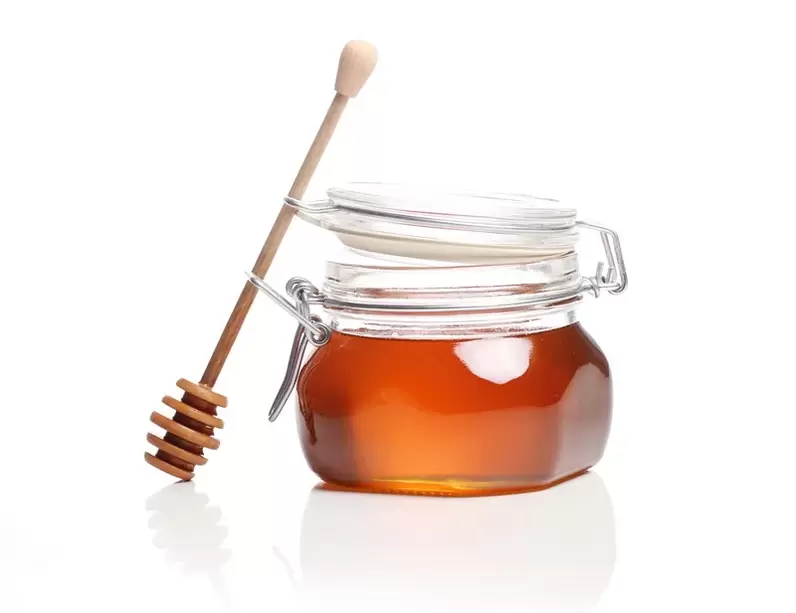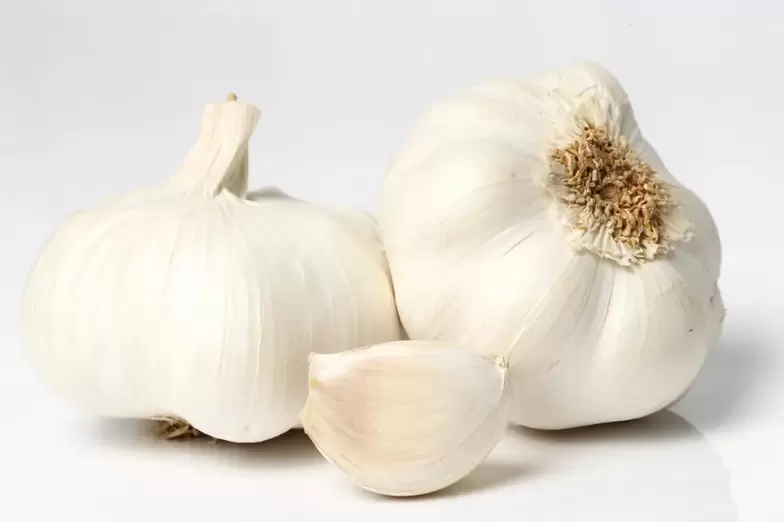
If this disease happens to you, see your doctor and read this article.
Worms are called parasitic worms that live apart from other animals and plants, feeding and reproducing inside living organisms. According to statistics, one third of the inhabitants of the planet have these parasites. Scientists think that there is no adult without worms throughout life. Consider how to deworm, what types exist, and how to detect and prevent them. Note that worms (ringworm, roundworm) are a common problem, especially in childhood, and you shouldn't panic.
Types of worms in humans
Worms - the scientific name for worms - have their own subspecies. The most common helminths are pinworms and roundworms. Let's look at them.
Pinworm
Pinworms known as helminths affect the human intestinal tract. They are the most famous and popular species. The reproduction of these helminths leads to the development of a disease - helminthiasis. Preschool children and schoolchildren are the most susceptible to pinworm infections.
General signs of the presence of helminths in the body:
- itching sensation in the anus;
- cramping abdominal pain, usually mild;
- decreased appetite;
- violation of feces;
- insomnia and weakness;
- allergic reactions that do not go away after using antiallergic drugs;
- cough for no reason.
Mode of infection: contact and household routes. Infection occurs when eggs are swallowed with food. Self-infection is extremely important - when brushing the anal itch, the pinworm eggs fall under the nail and are then swallowed. Adults can also catch the infection from children later.
Roundworm disease
Roundworms are a large family of parasitic roundworms. Worms live from 10 to 24 months, then, partially decompose, excrete in feces. The organs of the gastrointestinal tract are most often affected, causing ascariasis. The preferred habitat for adults is the small intestine.
Giardiasis
Giardiasis - Disease caused by lamblia, a parasite in the small intestine of humans and some animals. Giardia exist in two forms: mobile (vegetative) and immobile (cystic). The motile form of the lamblia has four pairs of flagella and a suction disk, which attach to the mucous membrane of the small intestine. It lives in the human body in the duodenum (small intestine).
What causes worm disease in humans?
The main factors of helminth infections are:
- Failure to observe basic rules of hygiene, especially hand washing.
- Bad habits. These include biting nails, licking fingers, holding various objects (pens, pencils) in the mouth.
- Inadequate pet care, especially yard pets, as they can be carriers of disease. Dogs and cats need to clean their feet, wash their feet in time, take them to a doctor and choose the right food.
- Drink raw, unfiltered water from an unreliable source.
- Unprocessed vegetables, fruits and greens before meals;
- Poorly processed meat and fish products.
- Close contact with an infected person.
- Sandbox - the main in which there are live worms. The sandbox in the playground should be kept away from dogs and cats.
Why are worms dangerous?
Thanks to modern medicine, it is possible to detect the disease in time, recover from it, so serious consequences are quite rare. Worms can cause the following:
- bowel obstruction;
- allergic rash;
- tendency to poisoning;
- the development of anemia;
- decline in health;
- weight loss;
- reduce the proportion of hydrochloric acid in gastric juice.
Invasion of spirochetes can cause weight loss, pale skin, and itching in the anal passage. Complications depend on the type of parasite and the extent of the infection. The appearance of helminths in children and during pregnancy is especially dangerous.
How to know if there are worms
It is important to detect the infestation of helminths as early as possible, this significantly increases the effectiveness of treatment and prevents the development of complications.
Basic diagnostic methods:
- stool analysis for intestinal parasites (ringworm);
- scraping analysis for pinworm eggs (filarial disease);
- blood test for the determination of specific antibodies to worms (immunoglobulin detection - ELISA) - intestinal and tissue parasites. The most revealing research.
Reanalysis should be performed no earlier than 14 days after deworming treatment. Usually, patients are prescribed a combination of tests to identify parasites. Recovery criteria were considered negative ELISA results and some negative results of bioenvironmental studies where worms were detected.
Attention! Requirements for the preparation of biological material (feces for intestinal parasites):
- Prepare a sterile container. Now, they have created specialized containers equipped with convenient spoons. You can buy it at any pharmacy;
- Do not use laxatives;
- Stools were collected the morning before testing;
- Urine cannot pass into the stool, so it is imperative to urinate before the procedure.
- It is necessary to collect materials from different parts of the final section.
- Put about a spoonful of manure (10-15 g) in the prepared bucket.
- Deliver the container to the laboratory as soon as possible - the so-called "warm stool".
Check for filariasisperformed in the morning, in the child's bed, before morning cleaning and hygiene procedures. A clear, narrow tape is used, which is glued with the adhesive side to the perianal folds, and then, on the same side as the biomaterial, on a clean, dry glass slide. Do not use any faded or stained stitches.
Worm treatment method
An infectious disease specialist or parasitologist is involved in the treatment of parasitic infections. But you should not immediately go to a doctor with a narrow specialty: it is better to contact a pediatrician or a therapist. He will order some studies and, if necessary, refer to a parasitologist or a gastroenterologist.
If a child has worms, it is necessary to conduct deworming for all family members.
When worms are found, the doctor prescribes antiparasitic drugs that are aimed at combating a specific type of worm. Modern drugs are effective against worms at all stages of the life cycle: adults, larvae and eggs. In most cases (for example, ringworm), a single dose of the drug is enough, but sometimes it is necessary to undergo a course of drugs - a treatment developed by a specialist.
It is unacceptable to violate the treatment methods prescribed by the doctor - this can lead to the fact that worm eggs remain in the body, which will later re-enter.
What drugs can be used
Modern drugs are presented in the form of tablets or suspension for children.
The method applied to all drugs is different. It is important to read the instructions carefully and follow them clearly. Another point is contraindications. Contraindications are based on various liver diseases, pregnancy and lactation. Ideally, discuss this with your doctor.
The drug is chosen by the attending physician depending on the type of worm, the characteristics of the organism, the stage of infection, the age of the patient. Not always, to get rid of worms, there are enough deworming drugs. In some cases, complex treatment is prescribed.
After its vital activity, the worm will cause damage to our body. Therefore, it is important not only to carry out deworming therapy, but also to cleanse the body of toxins formed during the death of worms.
Killed helminths secrete decay products, which are among the most potent intestinal toxins. Allergic reactions are possible, the formation and outflow of bile is disturbed, gastrointestinal motility is affected, manifested as "lazy intestines" or, conversely, overactivity - diarrhea- "leaky gut". The body's resistance to viruses and bacteria decreases, latent chronic infections are activated.
Together with antiparasitic drugs, drugs that improve the condition of the gastrointestinal tract, vitamins to eliminate vitamin deficiencies, antihistamines (in case of allergic reactions), hepatoprotectors, choleretics and absorbersmay be prescribed.
Currently, in the arsenal of pharmacies, you can buy phyto complexes that combine all these effects.
Let's see what medicinal plants will help us get rid of helminths.
Treatment with folk remedies
Pumpkin seeds and honey
Pumpkin seeds have long been known in folk medicine, their pharmacological properties have been experimentally and clinically confirmed. The seeds are used against many different tapeworms (in cows, pigs and dwarf tapeworms, broad tapeworms) and pinworms.

The main pharmacological active ingredient that determines the deworming effect of pumpkin seeds is the amino compound cucurbitin (3-amino-3-carboxypyrrolidine), the content in the seeds reaching 0, 1-0, 3% depending on the squash variety.
- To combat worms, 300. 0 shelled seeds are taken in small portions on an empty stomach for 1 hour (you can grind in a mortar, always with green peel, and mix with 50-100. 0 honey).
- After 3 hours for laxatives, after 0. 5 hours for laxatives.
- Children 3-4 years old are divided 75. 0 seeds;
- 5-7 years old - 100, 0;
- 8 - 10 years old - 150, 0;
- 10-15 years old - 200. 0-250. 0.

Sow garlic
Garlic, whose beneficial properties are known all over the world, is most widely available in different countries. Garlic (Allium sativum L. ) contains phytoncides, the main of which are allicin, geraniol, rutin, and quercetin. Garlic has a general strengthening effect, stimulates immunity, has deworming, antibacterial, antiviral and fungicidal activities, enhances motility and excretion of the gastrointestinal tract, prevents overfermentation and breakdown in the intestine.

Yarrow
The beneficial properties of yarrow are manifested in choleretic action, increased production of gastric juice, improvement of appetite. Thanks to its antispasmodic effects, yarrow herb is used to relieve pain caused by intestinal spasms.
Long art
Turmeric has been used in traditional Indian Ayurvedic medicine as a remedy for many ailments, including colds, stomach ulcers, liver disease, and to heal skin wounds. Turmeric is rich in essential oils, the constituent components of which are borneol, known for its powerful antiseptic effects, as well as slimming agents, tsingiberen, curcumin and others. It also contains vitamins in high concentrations (vitamins -% daily value): B6 - 90%; C - 28%; E - 20, 7%; B1 - 10%. The safe daily dose of turmeric is 1 teaspoon. Taking turmeric daily improves digestion, stimulates the gallbladder (don't use turmeric for gallstones, as this spice increases bile flow) and lowers blood cholesterol levels.
General carawayaway
In modern medicine, the fruit of fennel is used to treat diseases of the digestive tract, intestinal discomfort, flatulence. The plant is used to constrict the biliary tree. Caraway fruit is part of the carminative, gastronomic, appetizing and other collection.
Cooking recipe
- The infusion is prepared at the rate of 2-3 teaspoons of caraway seeds in a glass of boiling water.
- Press 45 minutes and drink 2-3 tbsp. spoon (children 1 teaspoon). 5-6 times a day before meals.
Prevention of helminths
In order not to catch parasites for yourself, it is imperative that you follow the rules of hygiene: change modern bed linen, shower regularly and wash your hands. It will be better if you spray disinfectant on items in the house.
It is important to eat the right food and handle it well. Be especially careful with fish and meat. During gutting, fish must be carefully examined for eggs and worms, and a separate board must be used to dissect raw meat and fish. In spring and summer, it's important to thoroughly wash greens and berries out of the garden.
You also need to conduct regular cleaning of the springs. Drink only proven water and treat your pets carefully and properly. The main guardian - immunity - also needs help and care.
If there are pets in the house, all family members need to take measures against worms, remembering to include the most beloved pets.






































